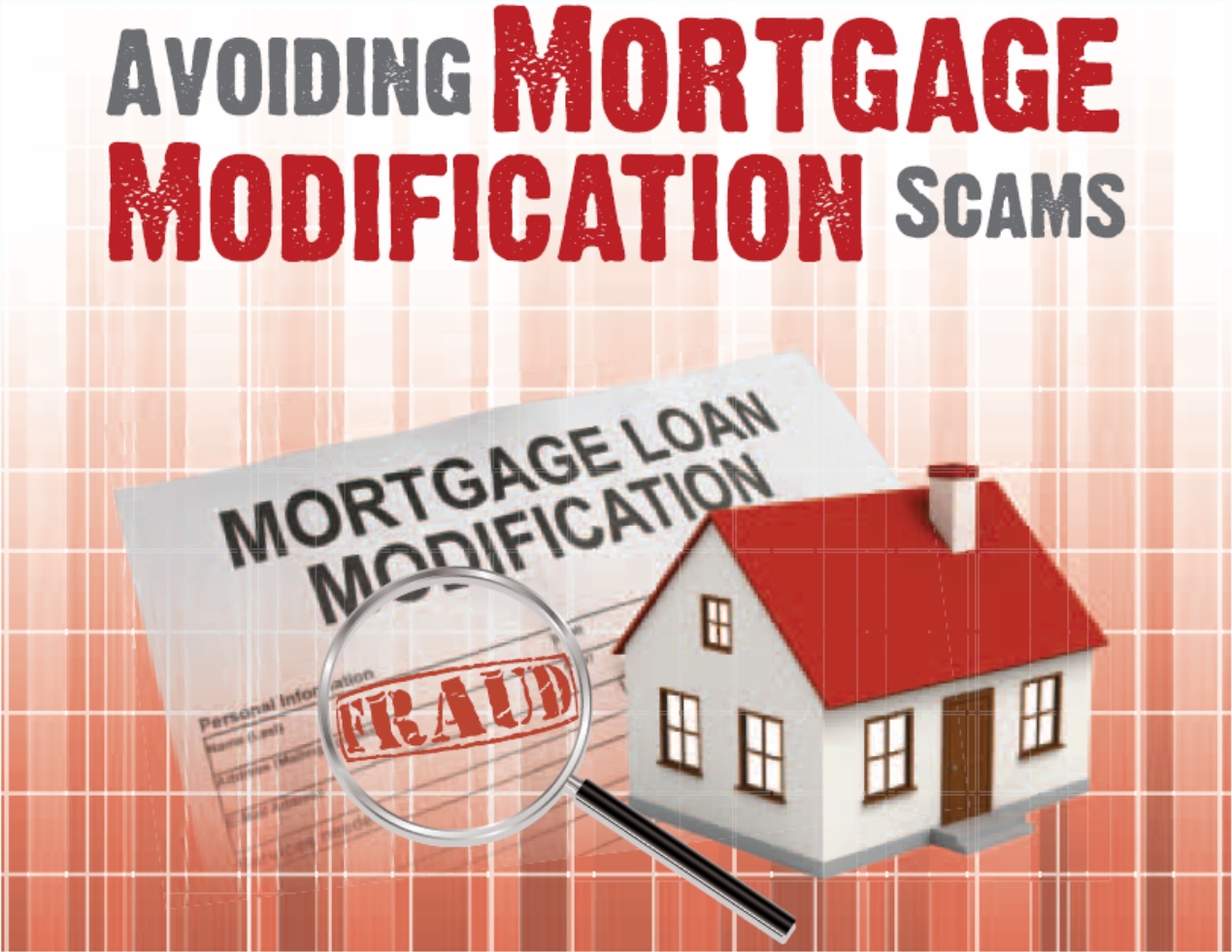Can Blockchain Eliminate Errors When Mortgages are Bought and Sold?
Can Blockchain Eliminate Errors When Mortgages are Bought and Sold?
Blockchain is set to be one of the most disruptive technologies of the next decade. While blockchain is best known as the unchangeable ledger behind Bitcoin, it promises to have many uses in the financial services industry and beyond. The mortgage industry could save billions and virtually eliminate costly errors by adopting a blockchain ledger for mortgages.

Inefficiencies in Mortgage Industry
The mortgage industry spends billions on a complicated system of loan originators, funders, and loan servicers. With every step in the life of a mortgage there are transaction costs. Additionally, the more companies that touch a mortgage, the more chances there are for errors to become a part of the official documents. These errors often compound over time, resulting in lost profits.
One of the underlying problems with mortgages is that there is a both a paper record and an electronic record. Almost all of the decisions relating to the mortgage are based on the electronic record. But, the electronic record can easily become corrupted. When a problem with the electronic record is suspected it can be tough to uncover the error and correct it.
Even when there are no issues with the mortgage, the simple transaction costs involved in the different stages of a mortgage cut into narrow margins for all companies at different parts of the mortgage lifecycle.
Blockchain and Transaction History
Blockchain could be used to create an unalterable ledger that contains all of the mortgage data. Whenever a mortgage changes hands, is bundled, or paid off, the ledger is updated. This would not only eliminate errors in mortgages that often happen as the loans are bought and sold, it would bring down transaction costs to near zero.
The reduction of mortgage costs and the increased security and reliability of mortgage data would also benefit consumers. By making mortgages more profitable, it would encourage greater lending. Consumers would never have to spend hours or days trying to figure out what company currently had their mortgage. All they would need to do was check the blockchain ledger. Their entire mortgage history would be securely stored for them to read.
Blockchain has the potential to also restore trust in the industry that has never fully recovered from the financial crisis. The transparency and security of blockchain would give governments, consumers, and investors more confidence in the mortgage lenders because everyone would be able to see what was going on.
Blockchain is Coming
The use of blockchain technology by the mortgage industry is not just speculation. Already a group of banks in Hong Kong have agreed to explore using blockchain as the standard for mortgage contracts. Lenders in other major financial hubs are also rumored to be actively exploring ways to quickly shift to using a blockchain ledger for mortgages.
It now seems to be more of a question of how soon the mortgage industry will fully embrace blockchain, and not if it will embrace the powerful technology. The potential for decreased costs, increased profits, and greater accountability are too great for any company to pass up in the long term. Blockchain may bring about another golden age for the mortgage industry, only this time the gains won’t be based on an unsustainable bubble. The gains will be a permanent part of the new system.